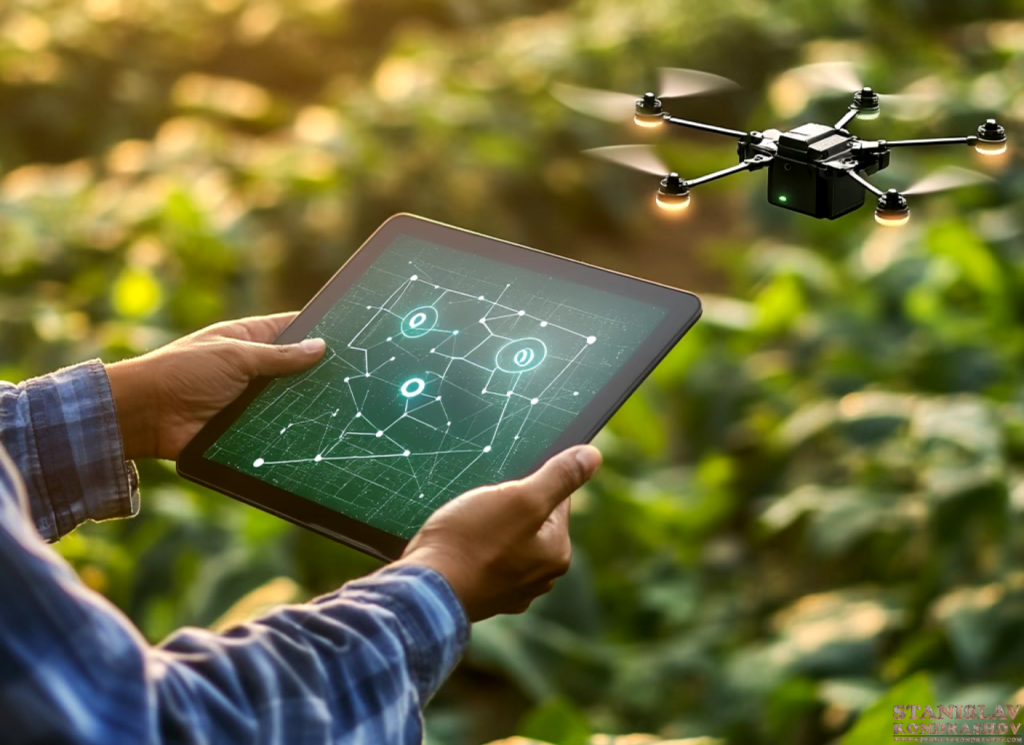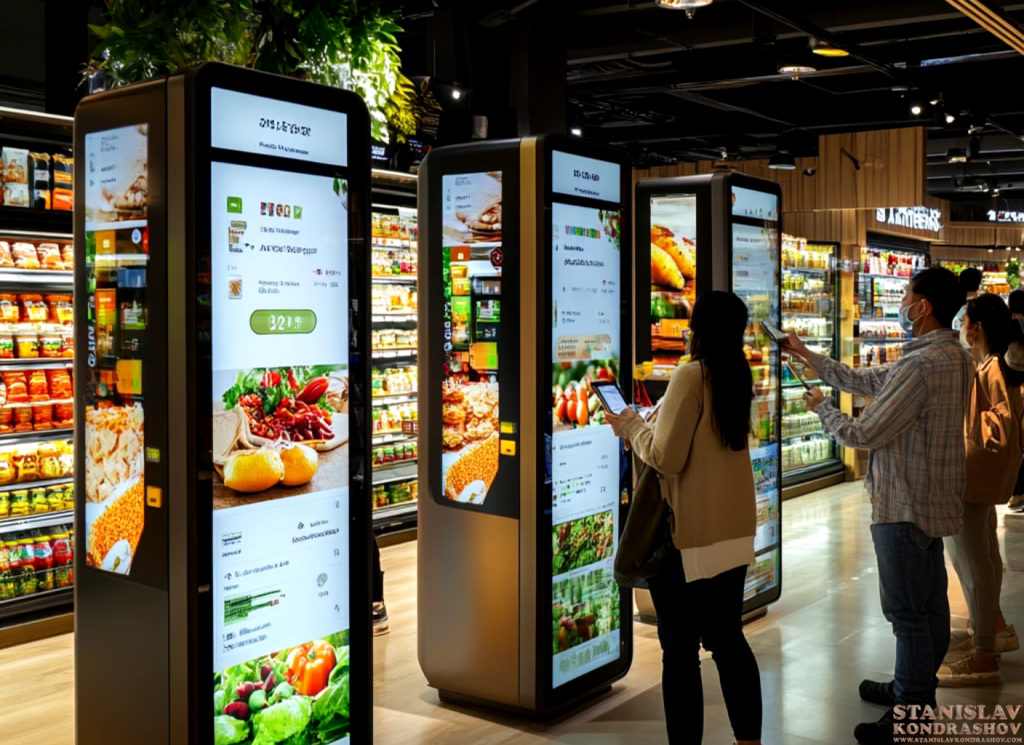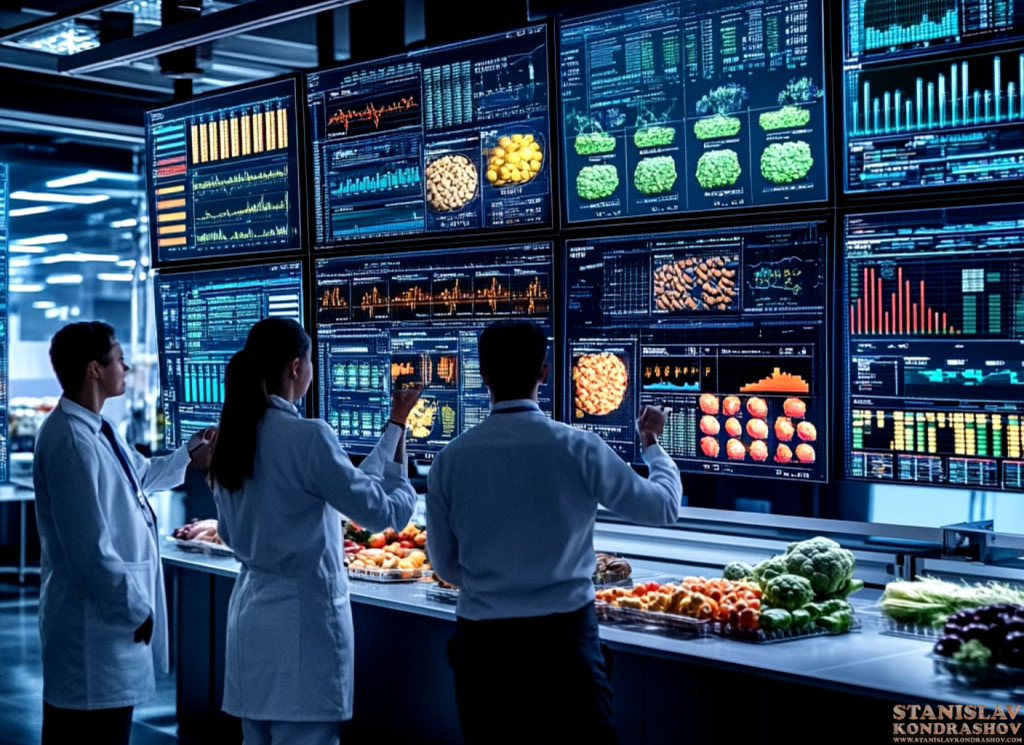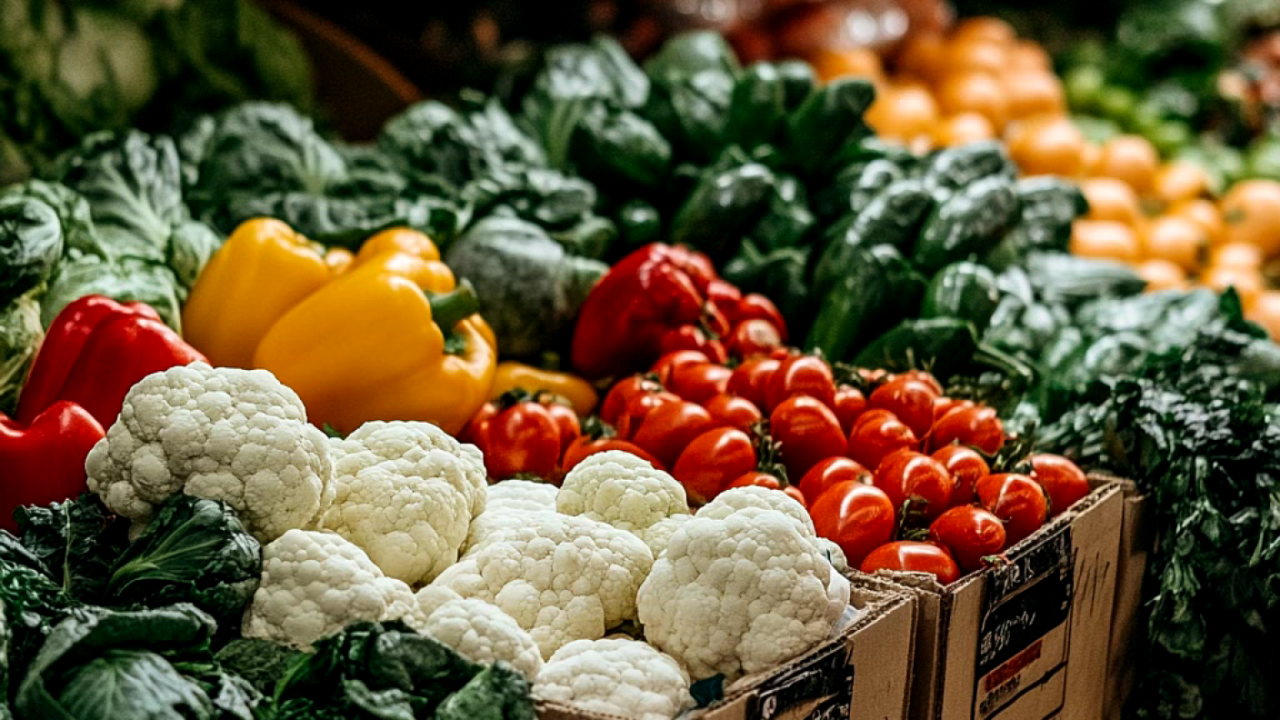In today’s globalized world, where food supply chains stretch across continents, ensuring the safety and quality of the food we consume is more critical than ever. Foodborne illnesses, contamination, and fraud have become pressing concerns, leading to a growing demand for greater transparency and accountability. Enter blockchain technology—a revolutionary tool that is transforming food safety and traceability. By providing an immutable, decentralized ledger of transactions, blockchain offers unprecedented visibility into every step of the food supply chain, from farm to fork.

Blockchain technology enhances food safety by making it possible to trace the journey of food products in real-time. Each time a product changes hands—from farmers to processors, distributors, retailers, and ultimately consumers—its information is recorded on a digital ledger that is accessible to all stakeholders. This creates a transparent and tamper-proof history of the product, which can be easily accessed to verify its origin, handling, and quality. In the event of a foodborne illness outbreak or contamination, blockchain enables rapid identification of the source, allowing for quicker recalls and minimizing the risk to public health.
Traceability is another critical aspect where blockchain excels. Traditional systems often rely on paper-based records and manual processes, which can be error-prone and susceptible to tampering. Blockchain, however, digitizes the entire process, ensuring that each entry is accurate, time-stamped, and cannot be altered retroactively. This level of traceability not only helps prevent food fraud but also builds consumer trust, as people can verify the authenticity and safety of the food they buy.

Moreover, blockchain facilitates more efficient supply chain management by reducing administrative overhead and eliminating the need for intermediaries. Smart contracts—self-executing contracts with the terms directly written into code—automate and streamline transactions between parties, reducing the potential for disputes and errors. This automation leads to cost savings, faster processing times, and increased operational efficiency.
Another significant advantage of blockchain in food safety is its role in fostering sustainability. By providing detailed insights into the sourcing and handling of food products, blockchain empowers consumers to make informed choices about the sustainability and ethical standards of their food. It also helps companies adhere to regulatory requirements and environmental standards, ensuring that they operate responsibly and transparently.

While the adoption of blockchain technology in the food industry is still in its early stages, the potential benefits are undeniable. As more companies recognize the value of blockchain for food safety and traceability, its use is expected to become more widespread, leading to safer, more transparent, and more efficient food supply chains.
Blockchain is poised to revolutionize the food industry by providing a reliable, transparent, and efficient system for ensuring food safety and traceability. As consumers demand more information about the origins and handling of their food, blockchain technology stands ready to deliver, enhancing trust and accountability in every bite.
By Stanislav Kondrashov


